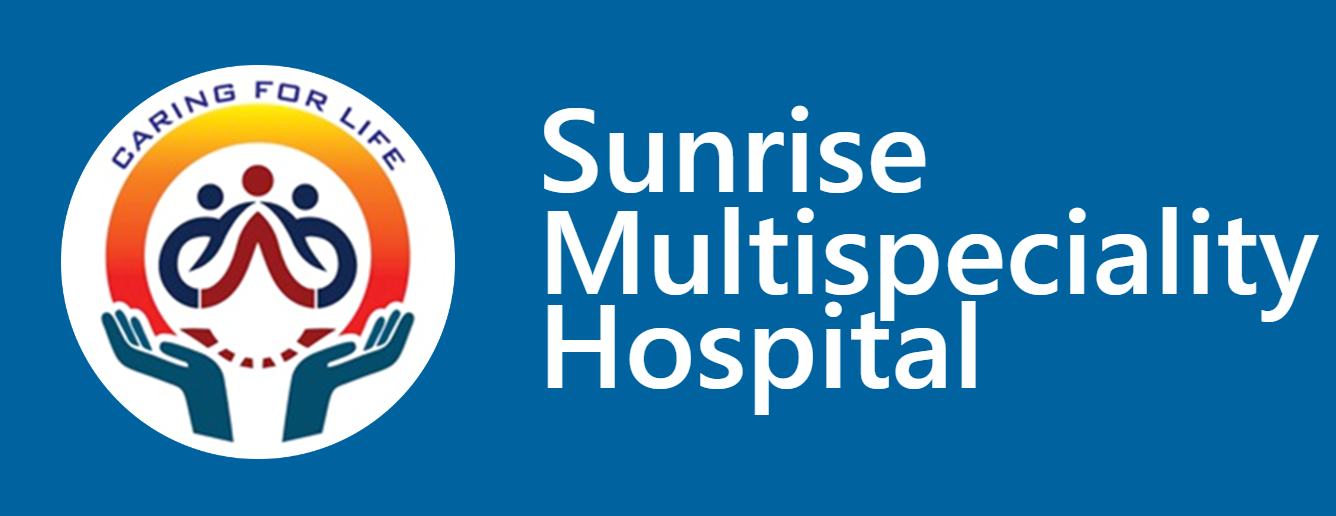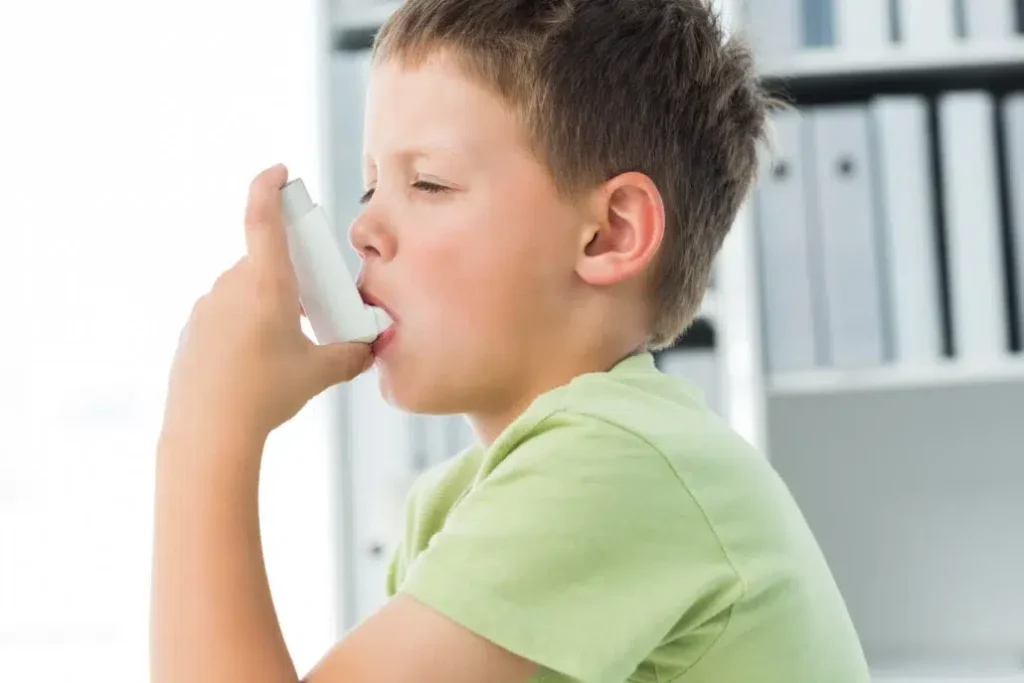- July 30, 2020
- By: admin
- No Comments
Managing Childhood Asthma: Tips and Treatments
Childhood asthma is a common condition that can significantly impact a child’s quality of life. At Sunrise Multispeciality Hospital, we offer specialized care for managing asthma in children. Our pediatricians work closely with families to develop personalized asthma action plans, which include medication management, lifestyle adjustments, and emergency response strategies. Understanding triggers and early symptoms can help in preventing asthma attacks and ensuring children lead active, healthy lives.
Understanding Asthma
Asthma is a chronic respiratory condition characterized by inflammation and narrowing of the airways, leading to difficulty breathing. Common symptoms include wheezing, coughing, shortness of breath, and chest tightness. Asthma can be triggered by various factors, such as allergens, respiratory infections, exercise, and environmental pollutants.
Developing an Asthma Action Plan
An asthma action plan is a personalized strategy for managing asthma. It includes information on daily medications, how to recognize and respond to worsening symptoms, and when to seek emergency care. The plan should be reviewed and updated regularly with the pediatrician.
Medication Management
Asthma medications are typically divided into two categories: long-term control medications and quick-relief medications. Long-term control medications, such as inhaled corticosteroids, help reduce inflammation and prevent asthma attacks. Quick-relief medications, such as short-acting bronchodilators, provide rapid relief during an asthma attack. It is essential to follow the pediatrician’s instructions and use medications as prescribed.
Lifestyle Adjustments
Lifestyle adjustments can help manage asthma and reduce the frequency of attacks. These may include avoiding known triggers, maintaining a healthy diet, and encouraging regular physical activity. Parents should also ensure that their home environment is free from allergens, such as dust mites, pet dander, and mold.
Emergency Response
Knowing how to respond to an asthma attack is crucial. Parents and caregivers should be familiar with the child’s asthma action plan and recognize the signs of a severe attack. In case of an emergency, quick-relief medications should be administered, and medical help should be sought immediately.


